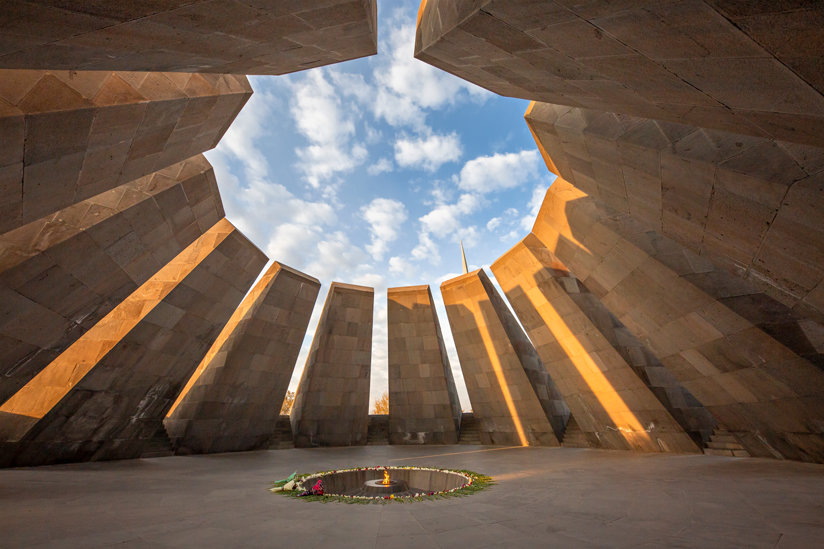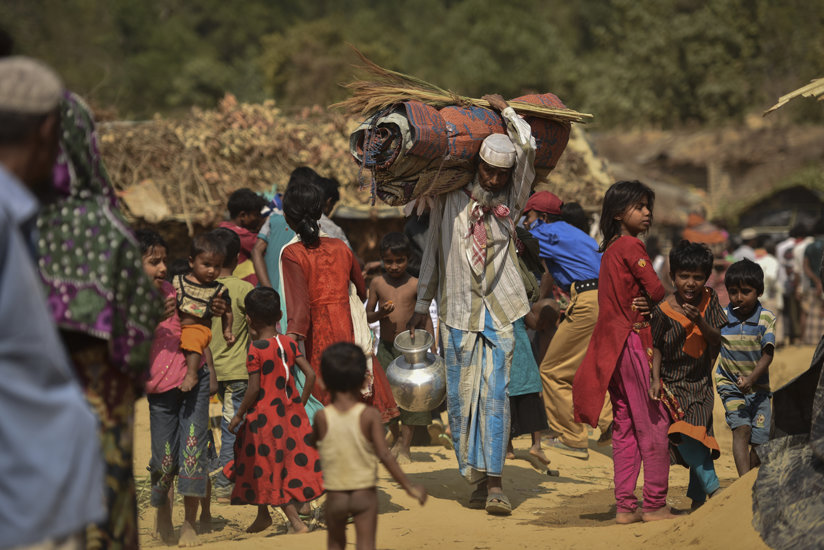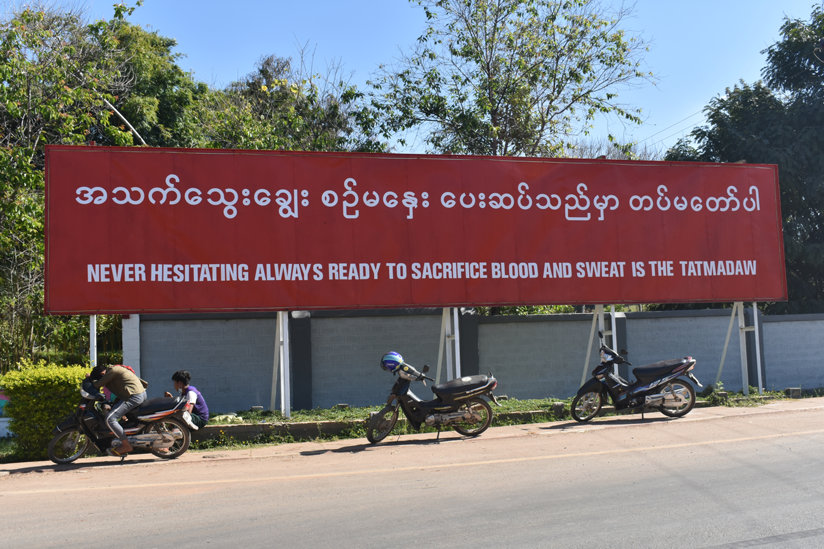
-
HOME
-
WHAT IS STANDOur Mission Our Values Our Help Contact
-
WHAT WE FIGHT FORReligious Freedom Religious Literacy Equality & Human Rights Inclusion & Respect Free Speech Responsible Journalism Corporate Accountability
-
RESOURCESExpert Studies Landmark Decisions White Papers FAQs David Miscavige Religious Freedom Resource Center Freedom of Religion & Human Rights Topic Index Priest-Penitent Privilege Islamophobia
-
HATE MONITORBiased Media Propagandists Hatemongers False Experts Hate Monitor Blog
-
NEWSROOMNews Media Watch Videos Blog
-
TAKE ACTIONCombat Hate & Discrimination Champion Freedom of Religion Demand Accountability
Why USCIRF Calls It Genocide: How the Burmese Military Is Persecuting Rohingya Muslims
“Genocide” is a word that did not exist until the 20th century. The destruction of a people—a race, a culture, a religion—was a crime with no name, possibly because such an egregious criminal act was so impossibly large and horrific as to make it inconceivable prior to the conveyer belt murder technology perfected by the Nazis in World War II.

In 1941, Polish-born Holocaust refugee Raphael Lemkin heard a radio broadcast by British Prime Minister Winston Churchill. “Whole districts are being exterminated,” Churchill said. “Scores of thousands—literally scores of thousands—of executions in cold blood are being perpetrated by the German police troops. We are in the presence of a crime without a name.”
Lemkin gave the crime a name: genocide. And to the shame of our species, that name has had frequent use over the decades and into our own time. Last month marked the fifth anniversary of the crime of genocide perpetrated by the Burmese military, the Tatmadaw, on the Rohingya, an ethnic group, that is predominantly Muslim.
One million-plus Rohingya had become prey for state-sanctioned atrocities.
But, to be clear, this is not a genocide that began and ended five years ago. It is a genocide that continues to this day.
The Rohingya are too-frequent victims of human rights violations. A 1982 Citizenship Act, enacted and enforced by the Tatmadaw, denied citizenship to the Rohingya, despite their having resided in Myanmar for centuries. With a stroke of the pen, an entire people assumed the status of aliens, invaders, stateless and rightless, with targets on their backs. The one million-plus Rohingya had become prey for state-sanctioned atrocities.

As the scholar Maung Zarni wrote, “The 1982 Citizenship Act serves as the state’s legal and ideological foundation on which all forms of violence, execution, restrictions, and human rights crimes are justified and committed with state impunity.”
Did the Rohingya protest, fight back, appeal to the court of public opinion?
Yes, and throughout the ensuing decades the draconian and inhumane treatment of the Rohingya was condemned, called out, denounced and decried by human rights activists and the international community. But the violations continued until August of 2017, when the Tatmadaw and their friends, on a pretext of quelling a rebellion, unleashed their full fury on the Rohingya.
Affirming the human rights and dignity of the Rohingya Muslims and acknowledging the profoundly hideous extent of the atrocities committed was the first step toward accountability.
Within one month, through “clearance operations,” the Tatmadaw slaughtered thousands of Rohingya men, women and children, tortured thousands more and drove yet hundreds of thousands more from their burning villages and into neighboring Bangladesh, creating a refugee crisis unparalleled in human history. Of the 1.4 million Rohingya in Myanmar, an estimated 600,000—nearly one half—had fled to Bangladesh by the end of 2017. Of those remaining, by August of the following year, over 18,000 Rohingya Muslim women and girls were raped, 116,000 Rohingya were beaten and 36,000 Rohingya were burned alive.
For over a decade, the United States Commission on International Religious Freedom (USCIRF)—a federal commission charged with reporting and advising Congress, the President and the State Department on religious freedom violations around the globe—reported and warned about the deteriorating state of religious freedom for the Rohingya and other minorities under the thumb of the Tatmadaw. On March 21, 2022, Secretary of State Antony J. Blinken condemned the atrocities committed by the Burmese military against the Rohingya community as genocide and crimes against humanity.

The Tatmadaw’s crime has been named, and with that label, the full force of international justice is underway. Affirming the human rights and dignity of the Rohingya Muslims and acknowledging the profoundly hideous extent of the atrocities committed against them with impunity was the first step toward accountability. That accountability is now in the works with three ongoing legal cases that represent an unprecedented use of the international justice system to hold the Burmese government and officials accountable for the crime of genocide.
The hope is that finding and sanctioning one government’s rogue and abusive behavior will serve as a warning shot across the bow of any other nation that contemplates eradicating or “cleansing” itself of a culture, race or religion.
We pray that “genocide”—a word that had to be invented a lifetime ago—will fall into disuse within our own lifetime.









